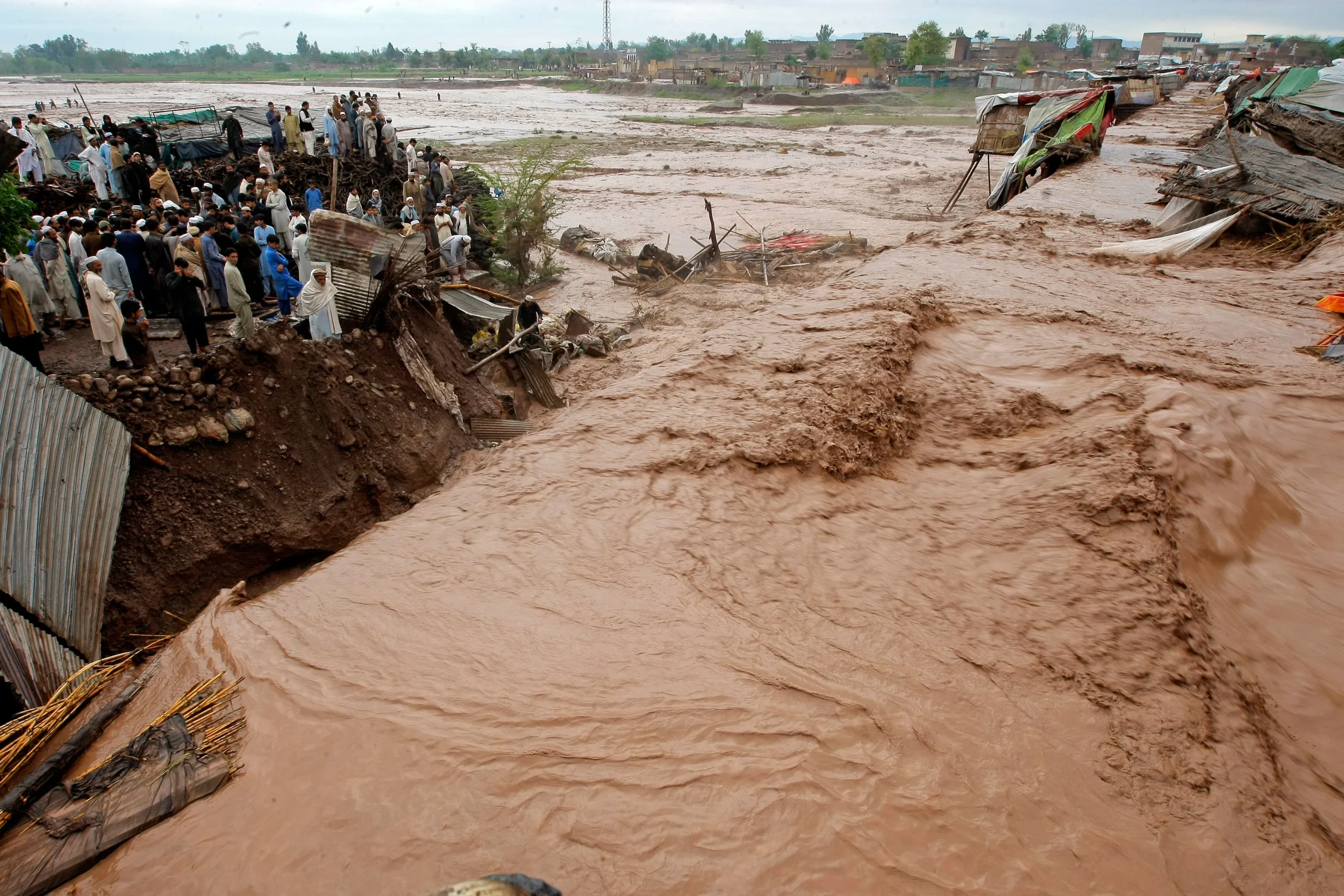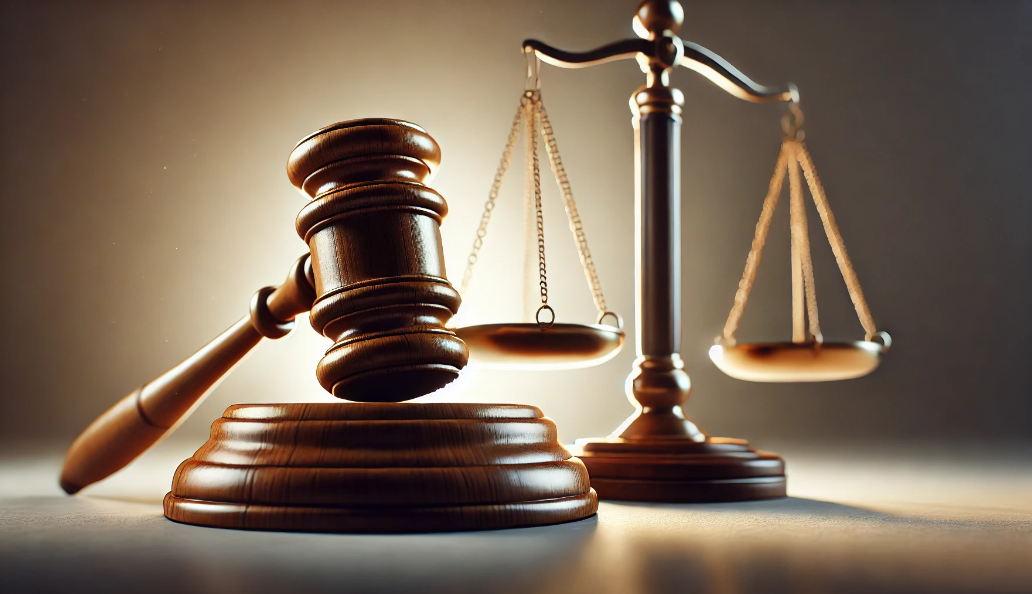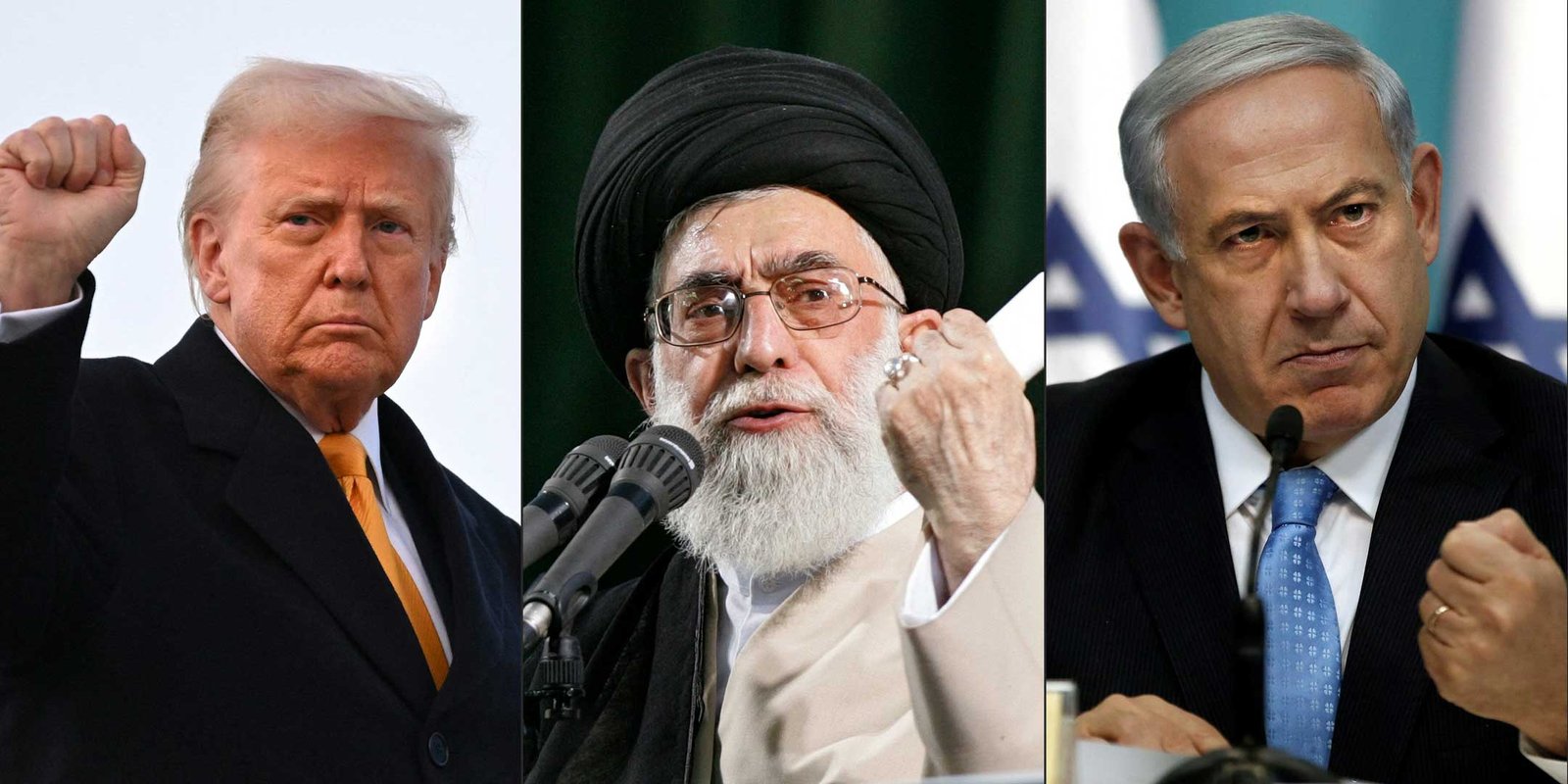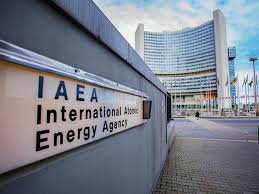Editorial
The fundamental right of assembly is a crucial aspect of democracy and human rights, as it enables people to express their collective views and interests, participate in public affairs, and influence decision-making processes. The right to assembly is also closely linked to other rights, such as freedom of expression, association, and participation in public affairs.
The right of assembly is recognised and protected by various international and regional human rights instruments, such as the Universal Declaration of Human Rights, the International Covenant on Civil and Political Rights, the European Convention on Human Rights, and the African Charter on Human and Peoples’ Rights. These instruments affirm that everyone has the right to assemble without arms peacefully and that this right should not be subject to undue restrictions or interference by the authorities.
However, the right of assembly is not absolute, and it may be subject to certain limitations in the interests of national security, public safety, public order, public health, or the protection of the rights and freedoms of others. Such limitations must be prescribed by law, necessary in a democratic society, and proportionate to the legitimate aim pursued. The state has a positive obligation to facilitate and protect the exercise of the right of assembly and a negative obligation to refrain from interfering with it. The state must also ensure that any use of force by law enforcement officials during assemblies is lawful, necessary, and proportionate.
The right of assembly is essential for developing a pluralistic and tolerant society where diverse opinions and perspectives can be voiced and heard. It also fosters civic engagement, social cohesion, accountability, and transparency in governance. Therefore, the right to assembly is a vital tool for advancing democracy and human rights worldwide.
Accordingly, the fundamental right to assembly should also be respected in Pakistan. Individuals, political parties, and other communities should be allowed to form assemblies irrespective of biases. It is critical for the growth of the state and society.
Please, subscribe to the monthly magazines of republicpolicy.com

















